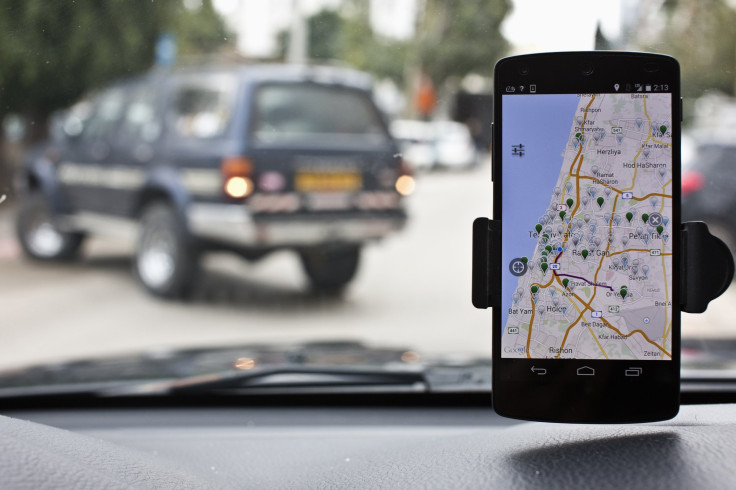Is Driving Safe? GPS Navigation Systems Switch Off Parts Of Brain

Using a satellite navigation global positioning system (GPS) may be dangerous for natural pathfinding skills because it switches off parts of the brain that would be used to find different routes, according to new research conducted by the University College London. Researchers examined 24 volunteers' hippocampal activity — the center of emotion, memory and autonomic nervous system in the brain — as they underwent brain scans while trying to navigate a simulation map of Soho in central London on a computer screen.
The study was published Tuesday in the online science journal, Nature Communications.
Read: NASA’s Magnetospheric Multiscale Mission Satellites Break High Altitude GPS Fix World Record
During the experiment's exercise, participants had to find their way to a designated location by choosing a left or right turn at every intersection. In other trials, subjects had to simply push a button and follow an automated path created by the computer. The map researchers chose for the study also included a maze of London's streets to examine the way the volunteers' brains reacted to the navigation's complexity. When volunteers tried to find their way around the area manually, activity in their hippocampuses increased, but no activity was seen when people were following GPS directions.
"When we have technology telling us which way to go, these parts of the brain simply don't respond to the street network," Hugo Spiers of UCL's department of experimental psychology said. "In that sense our brain has switched off its interest in the streets around us."
Dr. Spiers explained volunteers put high demands on their hippocampus and prefrontal cortex when having a difficult time trying to find their way through London's intricate streets. In UCL's past findings, London taxi drivers' hippocampuses expanded as they memorized London's routes. Conversely, their recent study showed limited learning skills in taxi drivers who heavily rely on GPS. These findings could mean that over time, humans may get worse at utilizing their 'inner GPS.'
"You delegate the task of navigation to your GPS, and you merely follow the directions, which is yet a demanding task, but perhaps not as demanding as actual route planning," Amir-Homayoun Javadi, a neuroscientist at the University of Kent in the U.K. said.
However, researchers concluded that consequences may not be completely negative. Essentially, people can free up space in their brains to concentrate on other things, while a GPS could complete a demanding function. "It can be a shift in skills," Javadi told Live Science.
The results of the study also found that millennials born in today's society may grow up with a different set of skills compared to those who grew up memorizing directions. "Their whole brain, not only their hippocampus, develops differently," Javadi said. "The brain constantly changed to adapt to different environments, needs and opportunities."
© Copyright IBTimes 2024. All rights reserved.






















